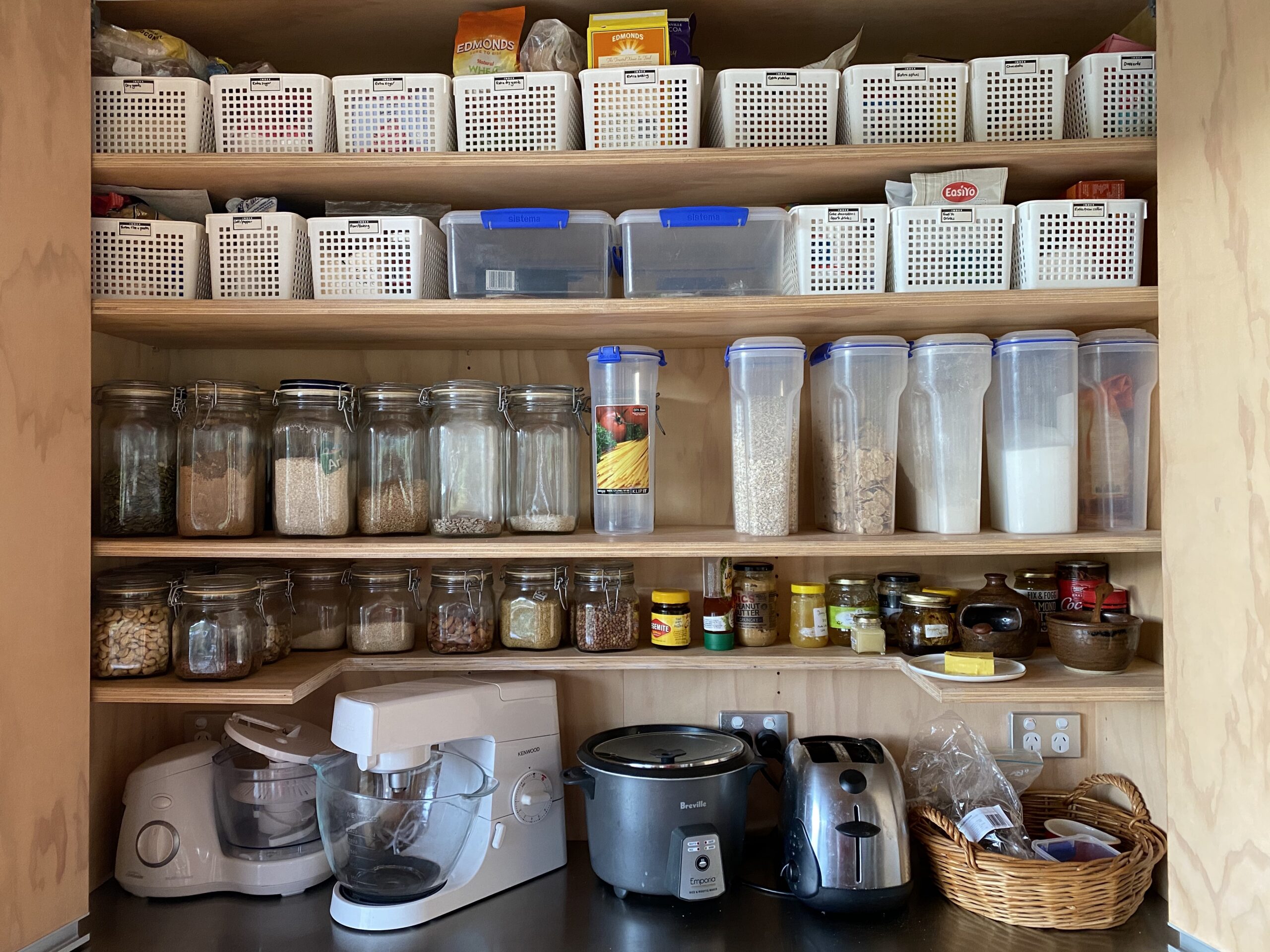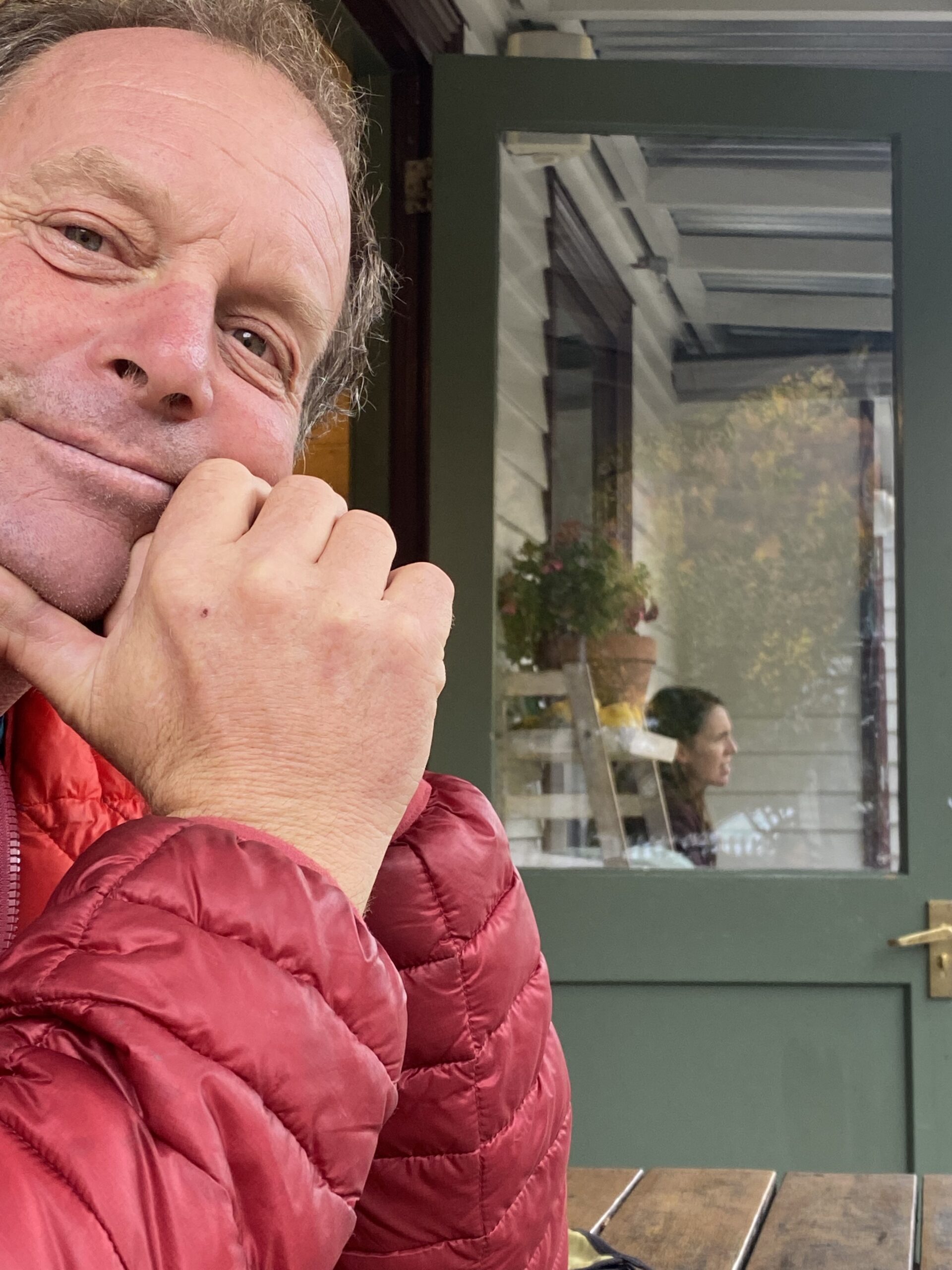I admit it, I am a storage junkie. I love getting matching storage containers in different sizes and then optimising which item goes in which container. Yes, our spices are all in identical labelled jars in a drawer, so you can see the labels on the lids, and yes they are in alphabetical order. Also, just in case you wanted to know, our fiction books are in alphabetical order too. Storage Box is a premises I enjoy visiting, and I am not one for physical shopping at all.
A comment that struck me, made by our friend Wendy in San Francisco when we visited one time, was that a Storage Box type store there was selling ‘hope’. Clearly they are selling containers, but actually they are selling people the hope that the purchaser will become organised. In actual fact, of course, people go buy their boxes and then continues to be as messy, or as tidy, as they were before they purchased them. The containers are unlikely to have much influence on the purchasers’ subsequent behaviour, other than sit lowering in the corner of the garage making the purchaser feel guilty.
Hope is always a commodity in demand. Hope is sold in all sorts of forms. It is sold as raffle and Lotto tickets, it is sold as online dating websites, it is sold as shares, and it is sold in elections. There is no doubt that some of the 70 million people who voted for Trump voted for hope. Trump isn’t bothered by needing to tell truth or keep to facts. He isn’t bothered by scientific evidence, or any other evidence at all. He is perfectly comfortable saying whatever he wants to say which, in election time, is presumably whatever he thinks might get him voted back in. Therefore Trump could promise the voters hope without needing to base that hope in reality – hope that the economy will return to that of pre-COVID times, when it was booming under his watch. He could also promise that they would have access to a COVID-19 vaccine soon (has has been promising one soon for quite a few months now, if he keeps it up it is very likely he will eventually be correct).
I should add here, that Trump is hardly the first or only politician to sell hope in an election. Both National and Labour were promising economic recovery from our COVID woes in their election campaigns, and I can’t see that their promises were particularly more substantiated than those of Trump. People vote for hope because they need hope and they want to believe, and they don’t have time to pull apart the detail of election policies and check the facts and fictions behind them. If politicians told us what they really believe they could achieve in the election term we would be so underwhelmed we wouldn’t vote for them – we force them to tell us stories that like!
The whole world was promised hope this week, in the form of an announcement from Pfizer regarding their COVID-19 vaccine in development. Pfizer has teamed up with BioNTech, a small, German company founded by two scientists and an Austrian oncologist. Pfizer-Biontech have developed a vaccine that takes genetic information from the COVID-19 spike protein regarding, persuades human cells to manufacture the protein and then people’s bodies have a natural immune response to the spike proteins which are, in and of themselves, harmless. When a COVID-19 virus appears in the body, its spike proteins are recognised and a strong immune response is mounted. This type of vaccine uses messenger RNA (mRNA), which is a single stranded DNA (our genes are double stranded DNA). mRNA is read by the part of cells (ribosomes) that synthesise proteins in cells, and can thus replicate the COVID-19 spike protein if they receive the right ‘instructions’.
The promise of a vaccine that will prevent people getting COVID-19 is great news. Even more importantly, the success to date of the vaccine is spectacular, protecting 90% of those immunised with it. Pfizer certainly treated it as ‘news’ – the norm for a clinical trial would be a full release of trial results. In this case, however, Pfizer brought out a press release announcing interim and partial results of the trials. That one vaccine can be effective gives hope that others will also be effective (and there are three more vaccines which are well progressed in also their large scale clinical trials). However, there are important questions that still need to be answered, including:
- How long is immunity conferred for?
- Is the vaccine effective against asymptomatic disease, and thus effective at preventing transmission of disease?
- Will it be as effective in older people as in its trial population?
- Are there adverse effects of the vaccine in the medium to long term? There have been no short term issues, but vaccines are normally tested for at least 2 years to assure safety and this is an entirely new type of vaccine – a world first mRNA vaccine.
- Can the vaccine be designed to require cool storage rather than -70C storage which limits where it can be given.
I profess to a degree of nervousness at the speed that it is proposed the Pfizer vaccine might be rolled out. At least this vaccine will have been tested in many thousands of people (approximately 39,000 more) than Sputnik V, but it will have had far less testing than normal. If the vaccine proves to have long term adverse effects in humans after it is administered to the public, there will be enormous and consequential fall out effects from the entire community becoming wary of vaccines. I probably don’t need to worry too much because there will be very large queues for any vaccine that is released, starting at country level and then filtering down within populations in each country. Pfizer have said they will be able to manufacture enough in 2021 to vaccinate about 1 in 15 people in the world. Given that I couldn’t even get hold of a flu shot this year, I am not 100% confident of how excellent New Zealand’s vaccine roll-out will be. In addition, as I am not a front-line worker, nor elderly, nor immuno-compromised, I will be somewhere well back in the vaccine queue and that is where I am happy to be, watching for some more trial data to be released.
We will finish the week with hope – hope that one or more vaccines are now in sight and hope given that the latest COVID-19 mini-outbreak in Auckland is contained…
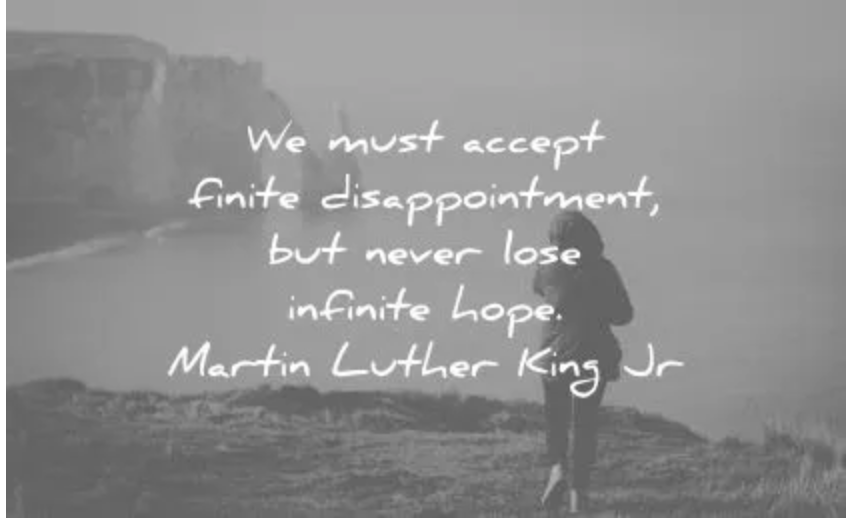
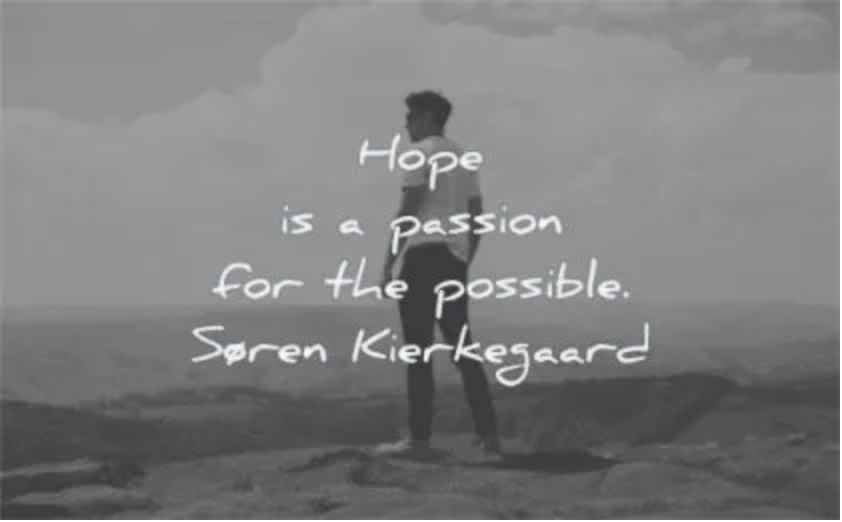

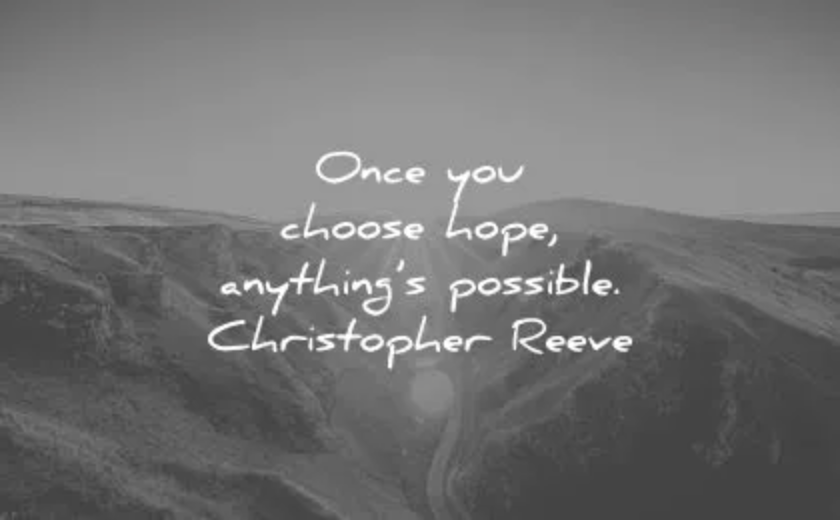


Discover more from Jane Shearer
Subscribe to get the latest posts sent to your email.

